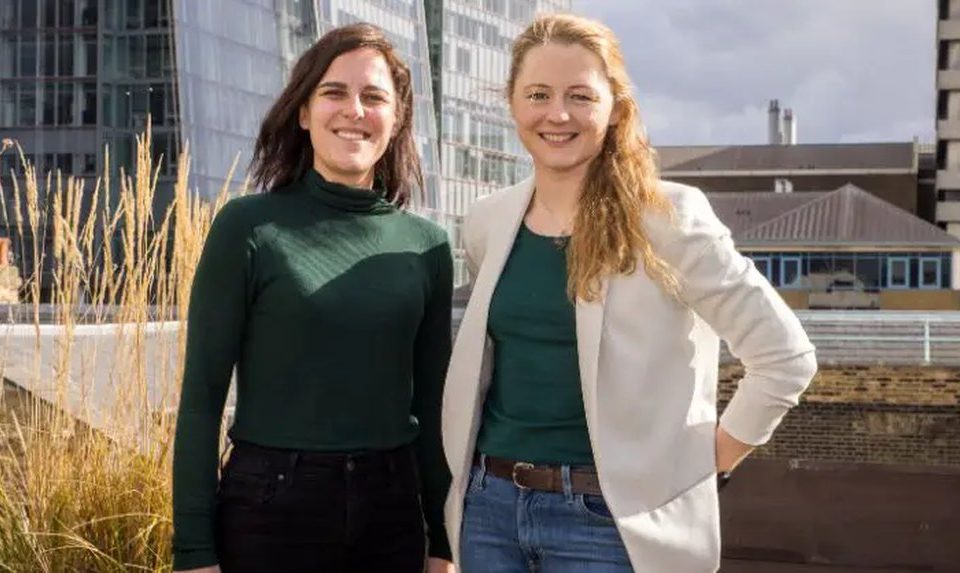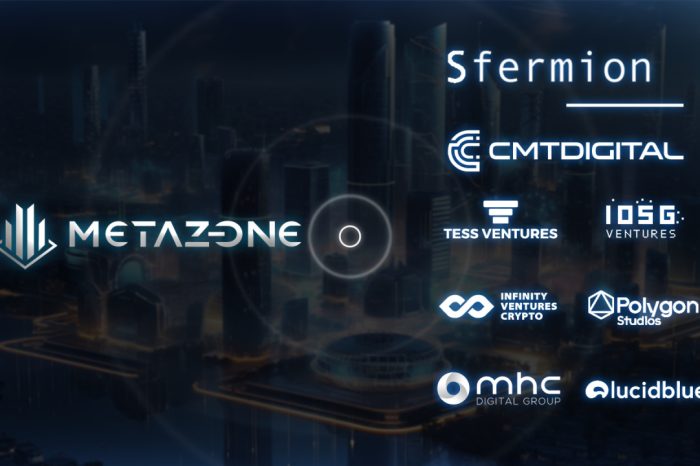Female-led UK tech startup Qflow raises $9.1 million to decarbonize the construction industry

Construction reportedly accounts for 11 percent of global carbon emissions, making it the world’s most carbon-intensive industry. Of this number, the materials used in the construction of buildings also account for around nine percent of overall energy-related CO2 emissions, according to a report from the United Nations Environment Program.
While investments in building energy efficiency increased by 16% to USD 237 billion in 2021, growth in floor space outpaced efficiency efforts. It is for this reason that UK-based tech startup Qflow is on a mission to decarbonize the global construction industry and drives transparency and efficiency that enables cost and quality control and sustainability management.
Today, Qflow announced it has closed £7.2M (~$9.1M) in Series A funding to scale its operations in the UK and grow its presence in the US and Australia. This latest round, which follows the £2.4 million funding scored across two seed rounds, was led by Climate Tech VC Systemiq Capital.
Other backers include groups of prominent investors across the construction industry and technology including Ascension Ventures, Bridge Investment Group, Gravel Rd, Greensoil Proptech Ventures, Grosvenor, John Emrey; CEO of Alder properties and former CEO of Lendlease; MMC, and Suffolk Tech.
The London-based Qflow was founded in 2018 by CEO Brittany Harris and Jade Cohen. The duo first met in New York while volunteering for World Merit, a platform that brings together young global citizens aiming to create a positive impact on the world.
With backgrounds in the construction industry, both Brittany and Jade developed a passion for the field but also encountered significant frustrations along the way. United by their desire to make a difference, they combined their efforts to create Qflow, driven by the purpose of leaving a positive impact on the world.
In just five years after its inception, Qflow has been able to amass high-profile customers including Berkeley Group, Canary Wharf Group, Grosvenor, Landsec, Morgan Sindall, Multiplex, Workplace Futures, and more.
In a statement, Harris said: “Jade and I love the construction industry, it literally builds the world around us. But for it to build the sustainable future we need, it must change and reduce its negative impacts on our planet. To us, it was clear we had to tackle our own industry to have a chance of leaving this world in a better place, and this is why we founded Qflow. We are thrilled with the investors that have joined us in this round. The support we’ve received from big players in the sector shows they also see the importance of changing processes and accelerating this transformation towards a more sustainable future.”
The construction industry’s high carbon emissions rate largely has to do with the linear way it extracts, refines, transports, builds with, demolishes, and disposes of materials. To decarbonize construction, there is a need to turn this linear approach into a circular one.
Due to increased regulations and contractual obligations, developers and contractors face a higher level of responsibility in tracking, managing, and reporting their carbon emissions and material safety, including those of their supply chain. Compounded by a shortage of skilled labor and rising material costs, construction teams are compelled to achieve more with fewer resources.
The current system is flawed, as construction teams rely on manually collecting numerous paper tickets from multiple suppliers and sub-contractors throughout construction projects. These paper tickets then need to be entered into various reporting systems for supplier payments, quality assurance, control, and sustainability reporting, consuming significant time, introducing errors, and resulting in extensive rework amounting to significant financial costs.
Qflow is a digital platform that empowers construction teams to gather real-time data on materials and waste directly at the source. This data enables project teams to make well-informed decisions regarding cost, carbon footprint, and quality, fostering transparency, efficiency, and sustainability management. Qflow offers distinctive features and benefits such as reducing waste through real-time data and analytics, enhancing efficiency by automating and digitizing manual processes, providing transparency regarding carbon savings, promoting the circular economy, and improving overall performance.
Matthew Goldstein, General Partner at Systemiq Capital, said: “Qflow uniquely aligns the goals of construction CFOs and sustainability executives, accelerating customers’ decarbonization ambitions while saving them time, and money, and reducing regulatory risk. We are leading their Series A, at a time when most VCs are scaling back their activities, to accelerate and capitalize on this unique opportunity and critical mission. Further commitment from real estate and construction heavyweights Grosvenor, Bridge Investment Group, and others is a testament to the value of Qflow’s solution and the work they are doing to transform the industry.”

